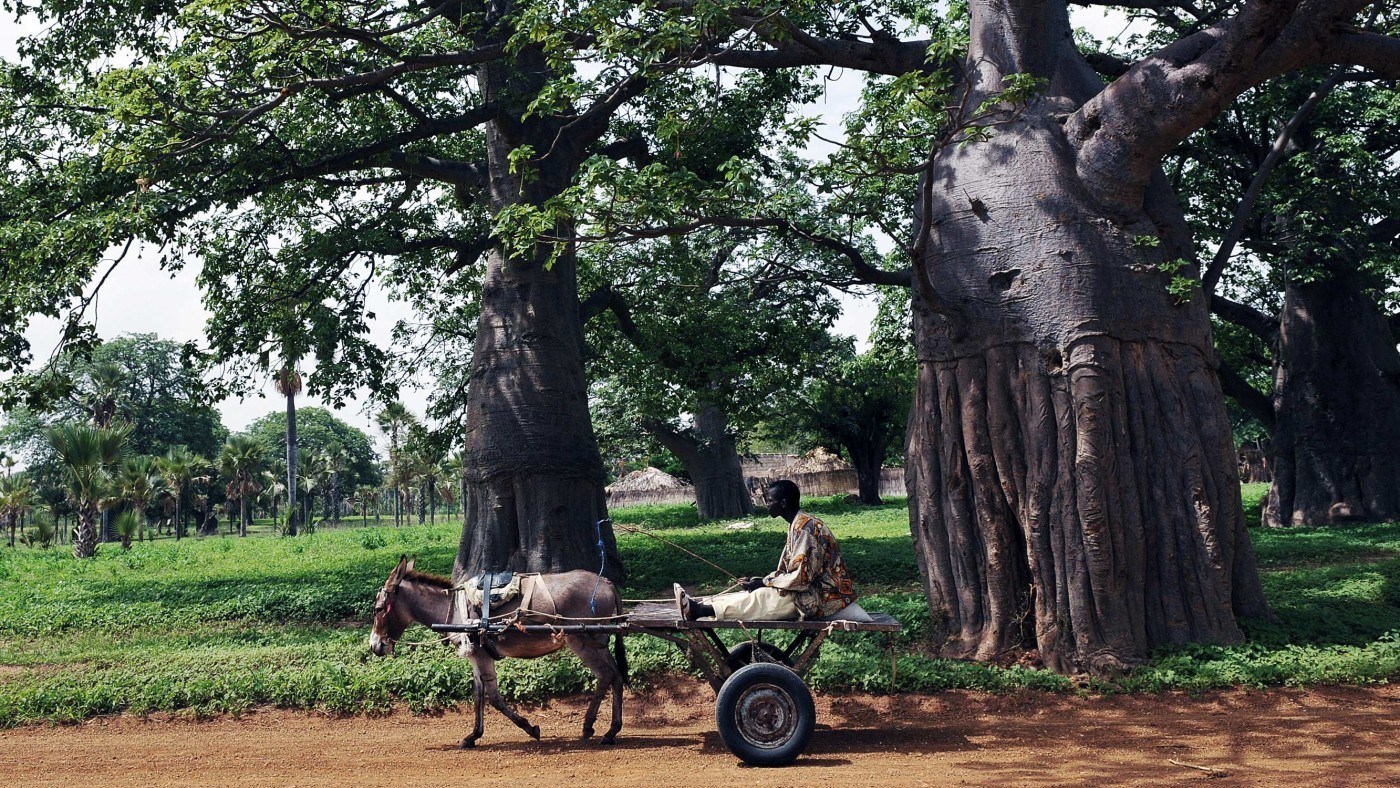Big corporations may be the celebrities of the business world but behind all the headlines the real stars of the global economy are small and medium enterprises (SMEs). The lifeblood of the global market system, SMEs make up around 90 per cent of the world’s businesses. These unsung heroes are responsible for introducing most of our products and services and are often much better at identifying current trends than established, often more conservative, corporations. They help develop entrepreneurial skills, stimulate innovation and promote a diversification of economic activities. Crucially they are also structurally much less complicated and more flexible than larger firms allowing them to respond to changing circumstances more quickly.
Their contribution to economic wellbeing is especially felt in developing countries. Here formal SMEs make up 45 per cent of total employment, up to 33 per cent of GDP and account for 4 out of 5 new jobs. It is estimated that there are between 365 and 445 million micro, small and medium enterprises in emerging markets.
Yet these companies which drive the engine of the global economy find it desperately hard to access the finance needed to keep growing. The World Bank estimates this credit gap to be a staggering $2.6 trillion. Not only are there not enough lenders in the first place, the rare times small business owners in poor countries do get a chance to get in front of an investor they often lack the clear and rigorous business plans or presentation skills to deliver a successful pitch. Anyone who’s watched Dragon’s Den will have seen how easy it is for aspiring entrepreneurs to get burnt to a crisp under the withering examination of potential backers.
In a bid to meet this finance need five charities have just launched a new investment platform to bridge the gap between SMEs and potential funders. ACRE – Access to Capital for Rural Enterprises – will connect impact investors with hand-picked SMEs in countries where the charities already have long standing relationships with entrepreneurs.
The five charities – Traidcraft, Practical Action, Twin, Challenges Worldwide and Christian Aid – hope to bridge the so called, ‘missing middle’, investments of between £100,000 and £1 million, which many investors find too risky or expensive. Channelling the poverty alleviation powers of good enterprise, the charities are working with companies which lack access to affordable finance and the experience of presenting their business plans to investors. Smaller firms often suffer from the price of debt in the local market and lack familiarity with equity investments.
After filtering suitable SMEs the charities are facilitating technical and management guidance from business mentors as well as pro bono legal advice. Once a comprehensive business plan is ready the companies’ leaders are given the chance to make their pitch to ACRE’s syndicate of impact investors.
Once such investor is Martin Rich, a former investment banker. He said: “The charities bring their relationships and understanding of the impact that can be achieved in each situation, while for impact-first investors like me, it’s the ability to find and support enterprise and the comfort of building on existing relationships. It’s a very exciting and potent combination.”
Among the one hundred businesses already in the ACRE investment pipeline are a Ugandan clean energy company that turns waste into solid and gas fuels, a Nicaraguan supplier of high-demand, climate-resilient hibiscus and a Zimbabwean organic producer of Baobab tree products which lobbied the EU to allow imports of Baobab produce into Europe, opening up a huge new market.
Another example is a Ghanaian yoghurt supplier which provides 90% of its sales agent jobs to women. The job creating capabilities of SMEs has the potential to have a particularly positive impact on the fortunes of women in developing countries. Roughly a third of formal SMEs are run by women and these face different barriers to those run by men. Women often have less access than men to assets, credit, services, information on markets and new technologies, consumer preferences and export trade requirements. It’s worth bearing in mind that economic empowerment is not the silver bullet to gender equality – cultural factors also need to be addressed. For example, unpaid family care roles mean greater constraints in terms of time and logistics which can prevent women engaging in income generating activities. But it’s clearly an important part of the process and ACRE specifically aims to help firms which provide practical help to women in poor countries.
If the finance gap can be bridged and small firms released to fulfill the vision of their entrepreneurial owners, then the poverty-busting power of good enterprise will start getting the headlines it deserves.


